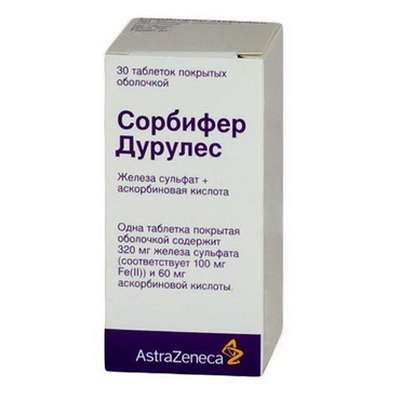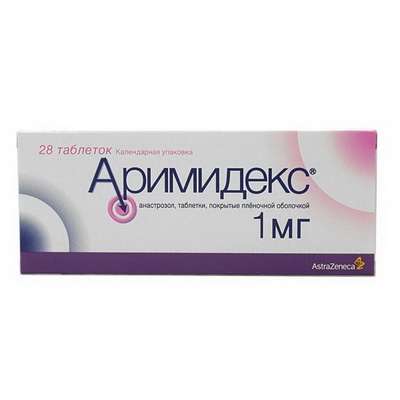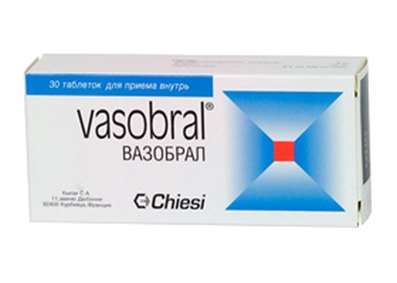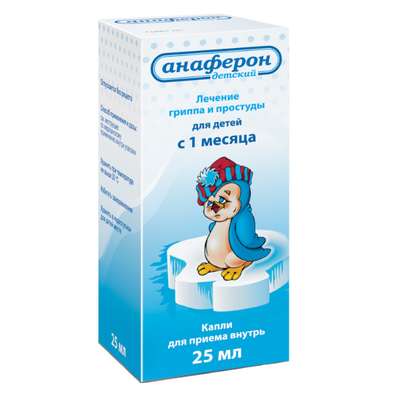Instruction for use: Doxylamine
I want this, give me price
The Latin name of the substance Doxylamine
Doxylaminum (genus. Doxylamini)
Chemical name
N, N-Dimethyl-2- [1-phenyl-1- (2-pyridinyl) ethoxy] ethanamine
Gross formula
C17H22N2O
Pharmacological groups
Sleeping Pills
H1-Antihistamines
The nosological classification (ICD-10)
G47.0 Disorders of falling asleep and maintaining sleep [insomnia]: Insomnia; Insomnia, especially difficulty falling asleep; desynchronosis; Prolonged sleep disturbance; Difficulty falling asleep; Short-term and transient insomnia; Short-term and chronic sleep disorders; Short or shallow sleep; Violation of sleep; Disturbed sleep, especially in the phase of falling asleep; Infringements sleep; sleep disturbances; Neurotic sleep disturbance; Shallow superficial sleep; shallow sleep; Poor quality of sleep; Night awakening; sleep Pathology; Postsomnic violation; transient insomnia; Trouble falling asleep; Early awakening; Early morning awakening; Early awakening; sleep disorder; somnipathy; persistent insomnia; difficult to fall asleep; difficulty falling asleep; Difficulty falling asleep in children; persistent insomnia; Worsening sleep; Chronic insomnia; Frequent night and / or early morning awakening; Frequent nocturnal awakening and a sense of the depth of the non-sleep; Night waking
J06 Acute upper respiratory tract infections of multiple and unspecified locations: Frequent colds of viral diseases; Infections of ENT organs; Acute respiratory illness of influenza nature; Pain for colds; Acute catarrhal disease; Cold; Colds; Colds; Respiratory infection; Seasonal catarrhal disease; Seasonal colds; Pain in infectious and inflammatory diseases of the upper respiratory tract; Bacterial infections of the upper respiratory tract; Bacterial infections of the respiratory system; Viral respiratory disease; Viral respiratory tract infections; Inflammatory disease of the upper respiratory tract; Inflammatory diseases of the upper respiratory tract; Inflammatory diseases of the upper respiratory tract with difficult to separate sputum; Inflammatory respiratory disease; Secondary infections for colds; Difficult sputum separation in acute and chronic respiratory diseases; Upper respiratory tract infections; Infections of the upper respiratory tract; Respiratory tract infections; Respiratory and lung infections; Infectious-inflammatory diseases of the upper respiratory tract; Infectious-inflammatory diseases of the upper respiratory tract and ENT organs; Infectious-inflammatory diseases of the upper respiratory tract in adults and children; Infectious-inflammatory diseases of the upper respiratory tract; Infectious inflammation of the respiratory tract; Respiratory tract infection; Qatar upper respiratory tract; Catarrh of the upper respiratory tract; Catarrh of the upper respiratory tract; Catarrhal phenomena from the upper respiratory tract; Cough in diseases of the upper respiratory tract; Cough for colds; ARVI; ARI; ARI with phenomena of rhinitis; Acute respiratory infection; Acute infectious-inflammatory disease of the upper respiratory tract; Acute respiratory disease; Persecution in the throat or nose; Respiratory and viral infections; Respiratory diseases; Respiratory infections; Recurrent respiratory tract infections; Secondary infections with influenza; Influenza states; Feverish conditions for influenza
L20 Atopic dermatitis: Allergic diseases of the skin; Allergic skin disease noninfectious etiology; Allergic skin disease etiology nemikrobnoy; Allergic skin diseases; Allergic skin lesions; Allergic reactions on the skin; atopic dermatitis; Allergic dermatosis; Allergic diathesis; Allergic itching dermatosis; Allergic skin disease; Allergic skin irritation; allergic Dermatitis; atopic Dermatitis; allergic dermatoses; exudative diathesis; Itchy atopic eczema Itchy allergic dermatosis; Allergic skin disease; Cutaneous allergic reaction to drugs and chemicals; Cutaneous reactions to medications; Skin and allergic disease; Acute eczema; common neurodermatitis; Chronic atopic dermatitis; Exudative diathesis
R05 Cough: Severe cough; Cough; Cough in the preoperative period; Cough in allergic conditions; Cough with bronchitis; Cough with inflammatory diseases of the lungs and bronchi; Cough in diseases of the upper respiratory tract; Cough for colds; Cough with hard-to-remove viscous sputum; Cough with hard-to-recover sputum; Cough dry; Unproductive cough; Paroxysmal cough; Paroxysmal non-productive cough; Productive cough; Reflex cough; Coughing; Spasmodic cough; Dry cough; Dry, painful cough; Dry non-productive cough; Dry irritating cough; Cough with bronchial asthma; Cough with tuberculosis
T78.4 Unspecified Allergy: Allergic reactions to insulin; Allergic reactions to insect stings; Allergic reactions similar to systemic lupus erythematosus; Allergic diseases; Allergic diseases of mucous membranes; Allergic diseases and conditions resulting from increased release of histamine; Allergic diseases of mucous membranes; Allergic symptoms; Allergic symptoms in the mucous membranes; Allergic reactions; Allergic reactions caused by insect bites; Allergic reactions; Allergic conditions; Allergic laryngeal edema; allergopathy; allergic conditions; Allergy; House dust allergy; Anaphylaxis; Cutaneous reactions to medications; Skin reaction to insect stings; Cosmetic allergy; Drug allergy; Acute allergic reaction; Laryngeal edema allergic genesis and background radiation; Food and drug allergy
CAS Code
469-21-6
Characteristics of the substance Doxylamine
Blocker of H1-histamine receptors from the group of ethanolamines.
Pharmacology
Pharmacological action - antiallergic, hypnotic, sedative.
It blocks H1-histamine receptors, renders m-cholinolytic action. Reduces the time of falling asleep, increases the duration and quality of sleep, does not change the phase of sleep.
It is well absorbed from the digestive tract. Passes histohematological barriers (including BBB) and is distributed to tissues and organs. Metabolised in the liver. Excreted by the kidneys (60% unchanged) and partly - with feces.
Application of substance Doxylamine
Sleep disturbances; Allergic reactions, itching; Catarrhal diseases and cough (as part of combined drugs).
Contraindications
Hypersensitivity, zakratougolnaya glaucoma, prostatic hyperplasia, urinary disorders of various genesis, pregnancy, breast-feeding, age to 6 years (as an antihistamine drug), up to 15 years (as a sedative-hypnotic).
Application in pregnancy and breastfeeding
Contraindicated in pregnancy. For the duration of treatment, breastfeeding should be stopped.
Side effects of Doxylamine
Drowsiness during the day, lethargy, dry mouth, paresis of accommodation, constipation, urinary retention.
Interaction
Strengthens (mutually) the depressant effect of barbiturates, benzodiazepines, clonidine, opioid analgesics, neuroleptics, ethanol, etc. m-holinoblokatory increase the likelihood of side effects (dry mouth, delayed urination).
Overdose
Symptoms: daytime sleepiness, depression, anxiety, impaired coordination of movements, tremor, athetosis, convulsive syndrome, coma with cardiorespiratory collapse; Mydriasis, hyperemia of the facial skin, hyperthermia.
Treatment: symptomatic, if necessary - the appointment of anticonvulsants, IVL.
Routes of administration
Inside.
Precautions for the substance Doxylamine
Do not use during work drivers of vehicles and people whose profession is associated with increased concentration of attention. Care should be taken during night awakening on the background of taking the drug (possibly a confusion or dizziness). For the duration of treatment, you should stop taking alcohol.
Special instructions
When observing a low-salt diet, it should be taken into account that the effervescent tablet contains 484 mg of sodium bicarbonate.

 Cart
Cart





